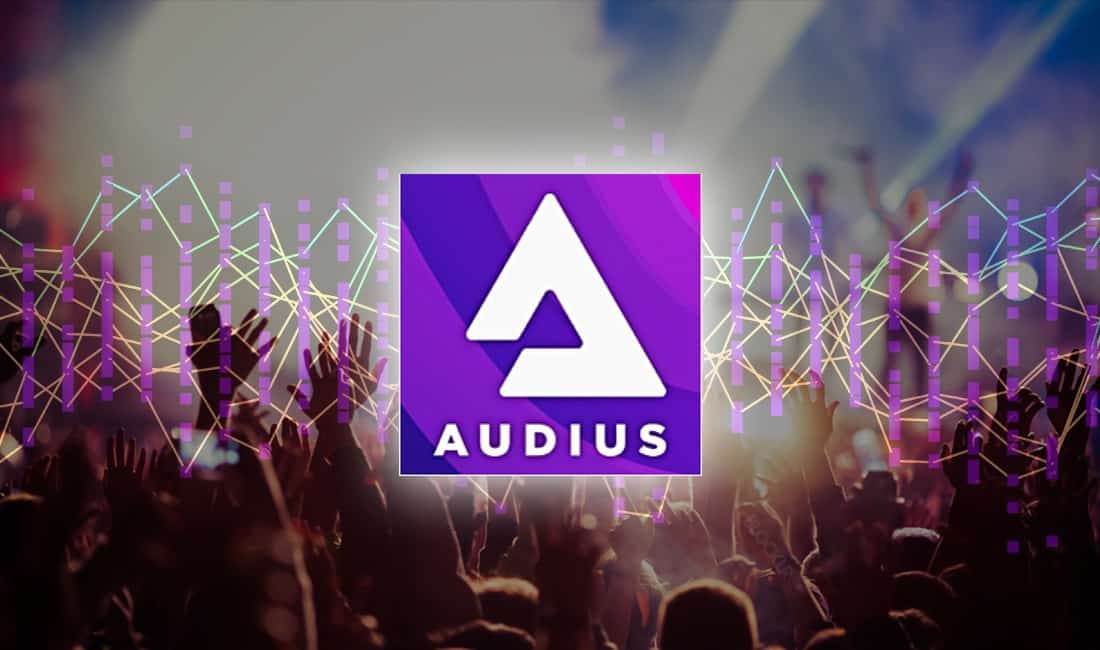Meet Audius, a decentralized music sharing platform that raised $5.5 million in its Series A funding round. Also participating in the investment round were Kleiner Perkins, 122West, Ascolta Ventures and Pantera Capital. Audis aims to shape the future with blockchain for social good and equality like Akon’s cryptocurrency and De Beers’ new state-of-the-art blockchain diamond appraising tool.
We're excited to officially announce our $5.5 Series A, from @gcvp @lightspeedvp @kpcb @PanteraCapital and others!https://t.co/xfKn4N6OBM
— Audius (@AudiusProject) August 8, 2018
Audius plans on being a musician-owned platform that allows interaction directly between fans and artists. According to the release, the platform is started by musician Ranidu Lankage and co-founders Roneil Rumburg and Forrest Browning.
“The biggest problem in the music industry is that streaming is taking off and artists aren’t necessarily earning a lot of money. And it can take three months, or up to 18 months for unsigned artists, to get paid for streams,” says Lankage. “That’s what crypto really solves. You can pay artists in near real-time and make it fully transparent.”
Audius describes itself as a blockchain-based alternative to SoundCloud. Their aim is to help artists connect directly with fans and monetize their work. Which provides artists with a greater degree of control over their intellectual property than existing systems do today.
Audius: the future of blockchain music?
Justin David Blau, a member of Audius’ advisory team, speaks about the importance of blockchain technology in the music industry:
“Artists need decentralized models for music sharing, and a stake in the platforms they contribute content to. Blockchain allows Audius to do this with tokens and decentralized voting-based governance so artists have a say in how the platform evolves. It’s a very elegant model and one which, as an artist, I find immensely attractive.”
The creators of Audius want to see a world in which all data is openly accessible to all artists. At last, this provides a true equality of opportunity and letting the music speak for itself.
How does Audius work?
The users will buy tokens or get them via listening to ads. Next, the users will pay a fraction per song to stream. 85% of revenue to the artist, 15% to the curators and/or developers. Later this year, Audius will test its beta service and they believe their token will grow in value, making the stockpile it keeps worth a fortune. It could then sell chunks of its tokens to earn revenue instead of charging artists directly.


